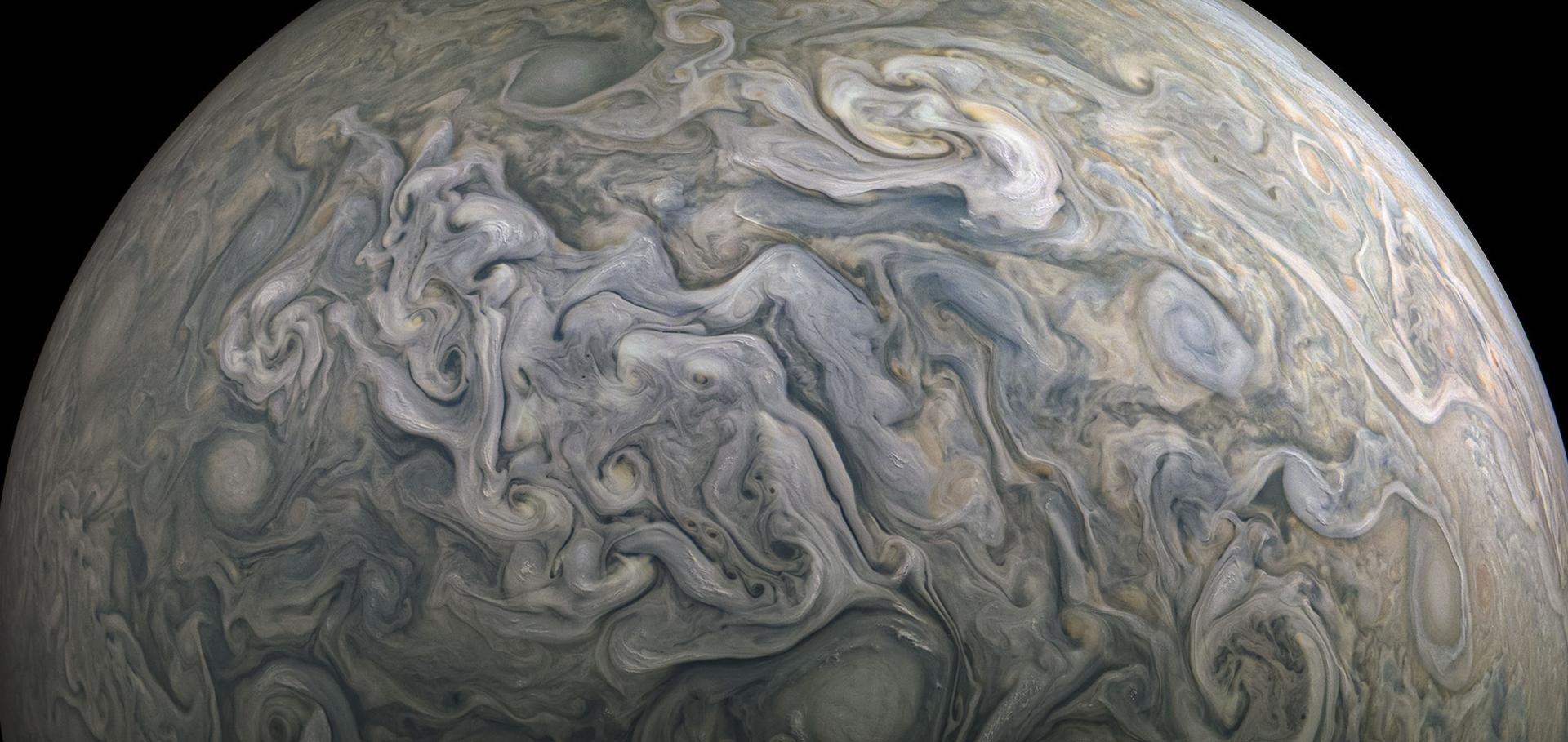Filling in the evidence gaps for the safe deployment of offshore Geological Carbon Storage
AGILE Initiative, Oxford Martin School, University of Oxford (2024)
Abstract:
The Agile Initiative at the Oxford Martin School (funded by the Natural Environment Research Council) aims to transform how research responds to the needs of policymakers through timely, policy-oriented research Sprints that focus on critical environmental issues. This report is the final output of an Agile Initiative Sprint, addressing the question, “What do we need to know to safely store CO2 beneath our shelf seas?” The writers aim to improve understanding of the environmental risks and opportunities associated with CO2 storage in offshore reservoirs, to deliver new research, and to integrate existing knowledge from across research and policy areas, identifying gaps and areas requiring further research. This Sprint concluded in June 2024.Addressing regulatory challenges for offshore geological carbon storage in the UK: a policy brief
AGILE Research Initiative, University of Oxford (2024)
Abstract:
This brief focuses on the U.K. policy and regulatory framework and reforms available to the UK as it looks to scale-up the CCS industry effectively and begin safe geological CO2 storage (GCS) on the UK offshore continental shelf (UKCS). The brief covers the current state of offshore CCS regulation and discusses opportunities available to streamline legislation, regulation and policy surrounding access to CO2 storage on the UKCS, based on insights from diverse stakeholders regarding this regulation. We discuss the consequences of these findings for policy, industrial scale-up of geological storage, and the future direction of UK CCS policy and legislation. The UK has a developed regulatory environment for offshore GCS, but regulatory challenges remain. This is the central gap that this brief aims to address.Global atmospheric methane uptake by upland tree woody surfaces
Nature Nature Research 631:8022 (2024) 796-800
Abstract:
Methane is an important greenhouse gas1, but the role of trees in the methane budget remains uncertain2. Although it has been shown that wetland and some upland trees can emit soil-derived methane at the stem base3, 4, it has also been suggested that upland trees can serve as a net sink for atmospheric methane5, 6. Here we examine in situ woody surface methane exchange of upland tropical, temperate and boreal forest trees. We find that methane uptake on woody surfaces, in particular at and above about 2 m above the forest floor, can dominate the net ecosystem contribution of trees, resulting in a net tree methane sink. Stable carbon isotope measurement of methane in woody surface chamber air and process-level investigations on extracted wood cores are consistent with methanotrophy, suggesting a microbially mediated drawdown of methane on and in tree woody surfaces and tissues. By applying terrestrial laser scanning-derived allometry to quantify global forest tree woody surface area, a preliminary first estimate suggests that trees may contribute 24.6–49.9 Tg of atmospheric methane uptake globally. Our findings indicate that the climate benefits of tropical and temperate forest protection and reforestation may be greater than previously assumed.Indicators of Global Climate Change 2023: annual update of key indicators of the state of the climate system and human influence
Earth System Science Data Copernicus Publications 16:6 (2024) 2625-2658
Abstract:
<jats:p>Abstract. Intergovernmental Panel on Climate Change (IPCC) assessments are the trusted source of scientific evidence for climate negotiations taking place under the United Nations Framework Convention on Climate Change (UNFCCC). Evidence-based decision-making needs to be informed by up-to-date and timely information on key indicators of the state of the climate system and of the human influence on the global climate system. However, successive IPCC reports are published at intervals of 5–10 years, creating potential for an information gap between report cycles. We follow methods as close as possible to those used in the IPCC Sixth Assessment Report (AR6) Working Group One (WGI) report. We compile monitoring datasets to produce estimates for key climate indicators related to forcing of the climate system: emissions of greenhouse gases and short-lived climate forcers, greenhouse gas concentrations, radiative forcing, the Earth's energy imbalance, surface temperature changes, warming attributed to human activities, the remaining carbon budget, and estimates of global temperature extremes. The purpose of this effort, grounded in an open-data, open-science approach, is to make annually updated reliable global climate indicators available in the public domain (https://doi.org/10.5281/zenodo.11388387, Smith et al., 2024a). As they are traceable to IPCC report methods, they can be trusted by all parties involved in UNFCCC negotiations and help convey wider understanding of the latest knowledge of the climate system and its direction of travel. The indicators show that, for the 2014–2023 decade average, observed warming was 1.19 [1.06 to 1.30] °C, of which 1.19 [1.0 to 1.4] °C was human-induced. For the single-year average, human-induced warming reached 1.31 [1.1 to 1.7] °C in 2023 relative to 1850–1900. The best estimate is below the 2023-observed warming record of 1.43 [1.32 to 1.53] °C, indicating a substantial contribution of internal variability in the 2023 record. Human-induced warming has been increasing at a rate that is unprecedented in the instrumental record, reaching 0.26 [0.2–0.4] °C per decade over 2014–2023. This high rate of warming is caused by a combination of net greenhouse gas emissions being at a persistent high of 53±5.4 Gt CO2e yr−1 over the last decade, as well as reductions in the strength of aerosol cooling. Despite this, there is evidence that the rate of increase in CO2 emissions over the last decade has slowed compared to the 2000s, and depending on societal choices, a continued series of these annual updates over the critical 2020s decade could track a change of direction for some of the indicators presented here. </jats:p>Heatwave attribution based on reliable operational weather forecasts
Nature Communications Springer Nature 15:1 (2024) 4530


